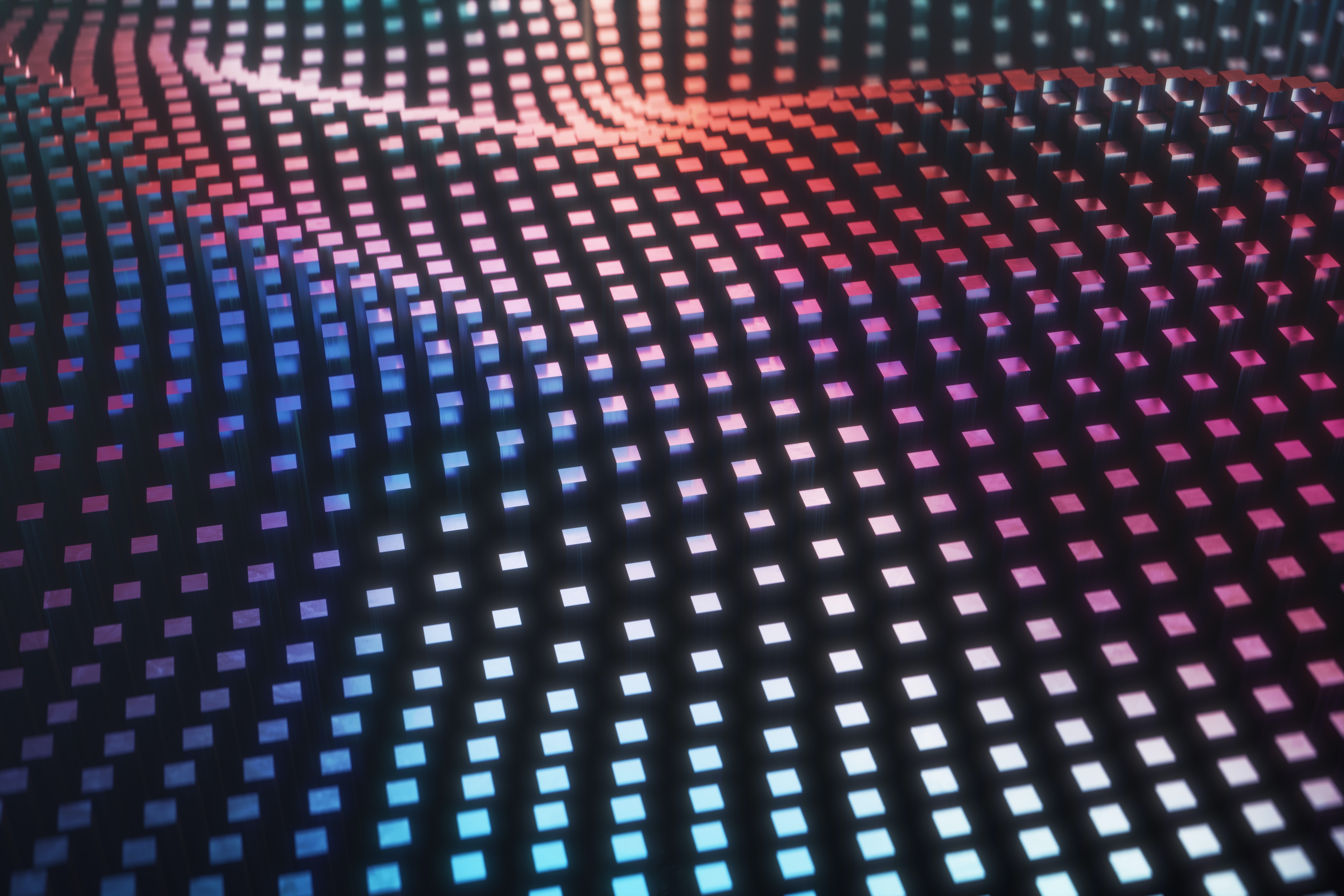Making Sense of Digital Culture

Today, many human activities and fields of knowledge are changing due to the impact of new forms of digital codification. The debate concerning algorithms and artificial intelligence is just the most visible aspect of a much more complex phenomenon, whose implications must be dealt with by a new generation of specialists that may surpass traditional disciplinary boundaries.
In order to fill this gap, the Department of Foreign Languages, Literatures and Cultures has designed a new internationalized Master Degree’s Course in Text Sciences and Culture Enhancement in the Digital Age. Uniquely combining a now-more-than-ever key metacritical competence with the most up-to-date techniques in data processing and analysis, this course will train tomorrow’s leading experts in the digital humanities.
Students will develop transcultural competences, ranging from advanced IT skills and data mining to geomapping and public history. The digital analysis of textual data and cultural objects represents the core of this new course, which updates the innovative approach that has always characterized our Department. Students will have the chance to choose between two different curricula:
- Digital text sciences, multimodal translation, transcoding – focusing on the impact of digital transition on textual and linguistic data
- Enhancement and digital management of cultural productions – focusing on the study and digital management of cultural objects
- With its innovative teaching approach, this course aims at a leading role in the field of the digital humanities. Part of the modules will be taught by visiting professors from prestigious international partner institutions (such as Riga Technical University, with which a double degree is currently in preparation)
- Students will practically engage in the tasks of the digital humanities specialist, crossing the boundaries between theoretical and technical knowledge, developing a “know-how” that is nowadays more crucial than ever, also through stimulating workshop activities with the corporate and institutional stakeholders of the course
- To promote the critical understanding of digital processes, the course will integrate various disciplines, such as IT, Digital linguistics and philology, Intellectual property, Geotracking and Webmapping, Visual and transmedia studies, Digital discourse analysis, Text mining and machine translation, Environmental humanities and digital art, as well as Project management
- The course is taught in a carefully designed mix of English and Italian, which will allow students with different levels of initial linguistic competence to make the most of their own educational path within an internationalized and highly qualified context
